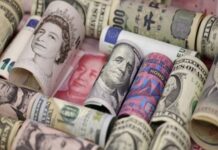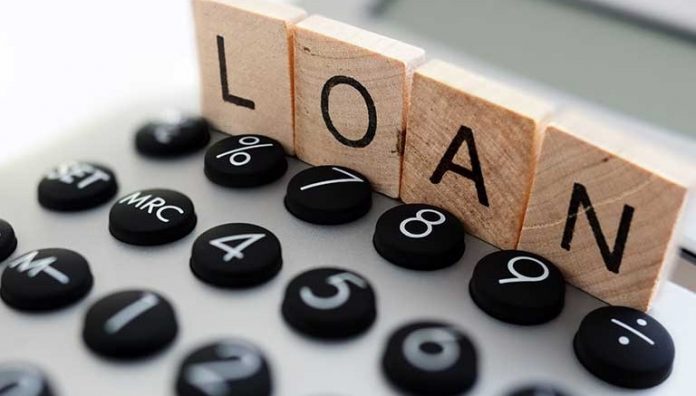ISLAMABAD: The federal government is mulling to borrow Rs300 billion from different sources to meet expenses of the recently announced Rs1.2 trillion economic relief package, aimed at fulfilling the necessary requirements of the public in the wake of the ongoing coronavirus pandemic.
.
As people doubt the government’s capacity to even bear the burden of the announced package, the major chunk of the relief package, as expected, will be based on borrowings from different global lenders, sources claimed.
Apart from the tax exemptions and other reliefs being offered to the public, the package announced by Prime Minister Imran Khan is based on assistance (loan) from lenders and saving money through delayed payment of interests.
The government has already requested the International Monetary Fund (IMF) for a grant and the fund agreed.
Sources privy to the development said Rs300 billion out of Rs1,200 billion is being considered as relief through tax exemptions. Borrowing and tax relief jointly make half of the announced package, they added.
Sources said the government would also utilise around Rs150 billion worth of the Public Sector Development Program (PSDP) for this package as the Ministry of Finance (MoF) has already waived the conditions for releases in four quarters of the current fiscal year.
Interestingly, officials of the Ministry of Planning and Development claim there would be no cut in PSDP. As of today, there will be no cut in PSDP, they say and add instead they (officials) have been asked to speed up the spending on development projects. However, sources in MoF clearly indicate a cut of Rs150 billion in PSDP of this financial year.
Sources said the package also includes Rs200 billion worth savings from interest payment and budgetary support worth Rs 150 billion. ADB and WB have also given an amount to the government to mitigate the effects of COVID-19, they added.
In addition, the government would establish a ‘Residual/Emergency Relief Fund’ in which Rs100 billion would be kept to mitigating the impact of COVID-19. Moreover, the government would give Rs105 billion to payback sales tax and income tax refunds, duty drawbacks and customs duty to exporters.
FBR would give Rs75 billion and the Ministry of commerce Rs30 billion to exporters. An amount of Rs50 billion has also been earmarked for the Utility Stores Corporation (USC) to give ration to the poor people with the assistance of BISP. Lastly, the government would also provide Rs6 billion for Pakistan Railways to meet its expenses.
As per details related to the tax exemptions, the rate of advance tax on the import of different pulses has been reduced to zero from 2pc. Similarly, individuals and associations of persons providing tea, spices, dry milk and salt to USC without a brand name will pay 1.5pc withholding tax instead of 4.5pc, while and Individuals and AoPs receiving payments from the corporation for supplying ghee, sugar, pulses, and wheat flour will be charged 1.5pc withholding tax instead of 4.5pc.
In addition, the government has also exempted additional customs duty (ADC) @ 2pc on soya bean oil, canola oil, palm oil and sunflower oil (and on these four oil seeds).
The government has allocated Rs200 billion for daily wagers, who were affected due to the lockdown.
Sources said the economic team would utilise the BISP money for this purpose as around Rs130 to Rs140 billion have to be utilised by the division. The Poverty Alleviation Division has a plan to disburse this amount under regular ‘Kafalat Programme’ and emergency cash assistance on the recommendations of the district administration.
The assistance will be provided for four months besides BISP beneficiaries. It will be one time dispensation and the cash will be provided either in one installment of Rs12,000 through Kafalat partner banks i.e Bank Alfalah and Habib Bank Limited after biometric verification or it may be provided in two installments of Rs6,000 each.
Few days ago, PM’s Adviser on Finance Dr Hafeez Shiekh had said the government would give more money to the Poverty Alleviation Division for disbursement of money to daily wagers and the deserving people.
According to economists, though the relief under the present virus crisis may give some sigh of relief to the people, the same would ultimately add the economic woes of the government.
The further borrowing and relaxation in taxes would multiply the public debt with further reduction in revenue, they fear.
–With additional reporting by Ghulam Abbas
























